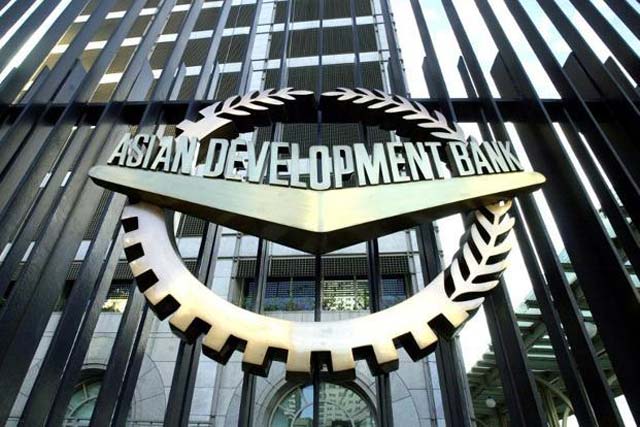In an effort to enhance financial awareness among its citizens, Karachi recently launched its inaugural Financial Literacy Week, a week-long initiative aimed at equipping individuals with essential money management skills. This event represents a significant step towards fostering a culture of financial responsibility, and it addresses an important gap in education that many residents face. The objective of the initiative is to empower individuals through knowledge, which can ultimately transform their relationship with money.
Financial literacy is often recognized as a critical life skill, yet many people lack the necessary understanding of basic financial concepts. During Financial Literacy Week, participants were offered workshops, seminars, and interactive sessions led by experts in personal finance. Topics ranged from budgeting and saving to investing and credit management. One workshop participant, who identified as a young professional, remarked, “I never realized how much of an impact budgeting could have on my financial well-being. It feels like I’ve been operating in the dark.” This sentiment reflects a common challenge; many individuals simply do not know where to begin when it comes to managing their finances.
Financial literacy is essential, yet many struggle with basic concepts; workshops illuminate budgeting’s impact on financial health.
The initiative also aimed to address the psychological barriers surrounding money, which often lead to poor financial decisions. By encouraging open discussions about money management and financial goals, the program sought to demystify financial concepts and reduce anxiety associated with financial planning. Financial expert Dr. Ayesha Khan emphasized, “Understanding personal finance is not just about numbers; it’s about changing mindsets. When people understand their financial situation, they can make informed choices.” This perspective highlights the emotional aspect of financial literacy, illustrating that knowledge can lead to confidence and better decision-making.
Moreover, the involvement of local businesses and financial institutions during the week underscored the importance of community engagement in fostering financial literacy. By collaborating with these organizations, Karachi’s Financial Literacy Week aimed not only to educate but also to provide practical resources and support for participants. A local banker noted, “We want to create a culture where financial education is valued and easily accessible. This week is just the beginning.”
Ultimately, Karachi’s Financial Literacy Week represents a significant opportunity for individuals to reevaluate their financial habits and develop a more informed approach to money. Through education and community support, it is possible for residents to shift their money mindset and, in turn, improve their overall financial health.














